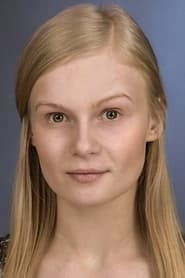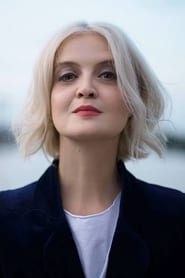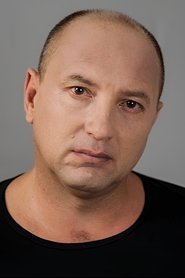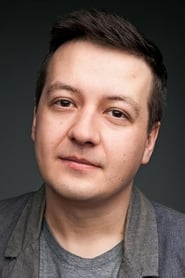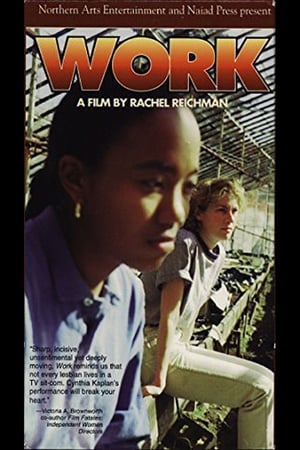Movie: Two Sisters
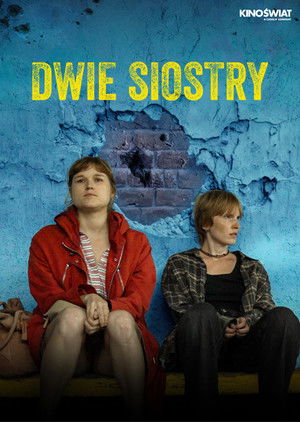
Dwie siostry
HomePage
Overview
Two sisters set out from Warsaw to Kharkiv to pick up their seriously injured father.
Release Date
2025-02-21
Average
6
Rating:
3.0 startsTagline
Genres
Languages:
PolskiУкраїнськийKeywords
Recommendations Movies
 7.0
7.0Emotion Is Dead(en)
Brock is a teenage skateboarder suffering from a recent family tragedy connected to the Holden Elizabeth Plant (Australia’s last auto factory). He comes up with a unique money-making scheme that tangles him up in Adelaide’s criminal underworld, and only his Peter Brock-obsessed mum & emo ex-girlfriend can save him from a terrifying fate.
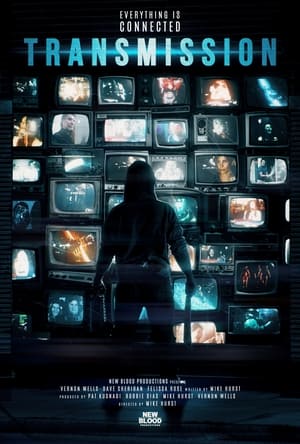 5.3
5.3Transmission(en)
The world's first channel-surfing horror film, unfolding on a television screen as we switch between different channels and slowly realise that each of these channels is actually telling different aspects of the same horrific narrative.
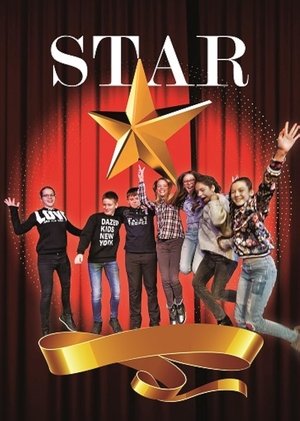 5.8
5.8Star(en)
New student, Amelia, transfers to an elite high school majoring in English studies. A natural introvert, she is particularly shy and not great at making friends. It doesn't take long for her to become a bulling target. Her wit has placed her in the most advanced class, where her competitive and snarky classmates prove to be an incredible challenge. Little do they know that Amelia has a secret talent. Can she use it to overcome her unfavorable situation?
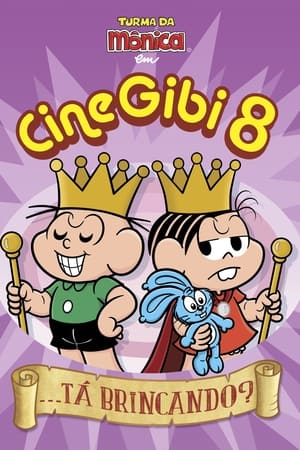 7.6
7.6Cine Gibi 8: ...Tá Brincando?(pt)
There are eight episodes in stories full of adventure and play in the neighborhood of Limoeiro, with a new car ride, lost treasure, art exhibition in the square, puppet theater, an unexpected escape from Cascão (again?), Characters Saltimbancos and a lot more.
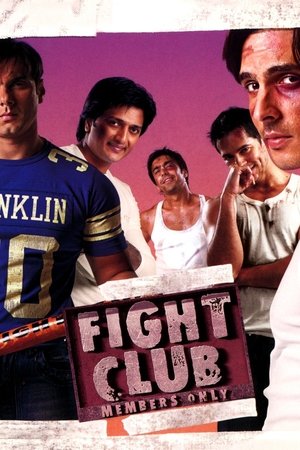 6.4
6.4Fight Club: Members Only(hi)
Four friends head off to Bombay and get involved in the mother and father of all gang wars.
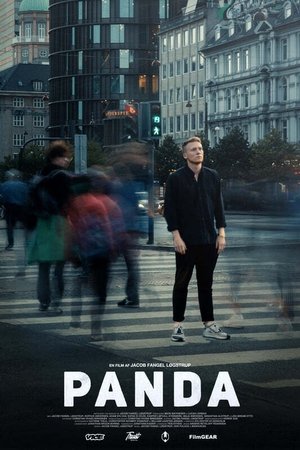 7.0
7.0Panda(da)
Jacob’s dream is to be a rap artist, so he works on a song that will give him the big breakthrough. To his big frustration, his dreams are tested every time his roomie Adam gets a visit from his girlfriend Frederikke. And through a journey of unforeseen events Jacob meets additional challenges that test his working discipline.
 8.0
8.0Rent: Filmed Live on Broadway(en)
Set in New York City's gritty East Village, the revolutionary rock opera RENT tells the story of a group of bohemians struggling to live and pay their rent. "Measuring their lives in love," these starving artists strive for success and acceptance while enduring the obstacles of poverty, illness and the AIDS epidemic.
 9.2
9.2Scooby-Doo's A Nutcracker Scoob(en)
The evil is set to damper another Christmas season for the children's home. Can the Scooby gang warm his heart?
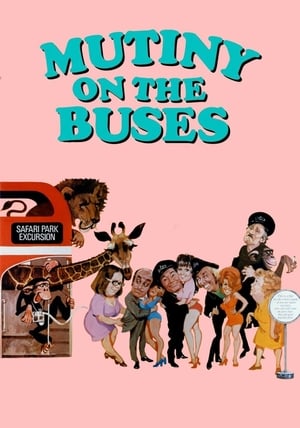 7.4
7.4Mutiny on the Buses(en)
Bus driver Stan Butler agrees to marry Suzy, much to the anguish of Mum, her son-in-law, Arthur, and daughter Olive. How, they wonder, will they ever manage without Stan's money coming in? Then Arthur is sacked, and Stan agrees to delay the wedding. Meanwhile, he hits on an idea: Arthur should learn to drive a bus. Somehow he does just that, and even gets a job. Stan then blackmails the Depot Manager into giving him the job of driver on the new money-making Special Tours Bus. A great idea ...if only the inspector hadn't taken Stan on his trial run to the Windsor Safari Park
The 1st 13th Annual Fancy Anvil Awards Show Program Special: Live in Stereo(en)
Cartoon Network holds an awards show awarding cartoon excellence.
 7.7
7.7GCW Fight Club(en)
GCW presents Fight Club straight from the Showboat Hotel in Atlantic City, NJ! The event features the GCW World Championship match where Mox defends against Gage in a match that we have been waiting for during the last decade. Who will be the new GCW World Champion?
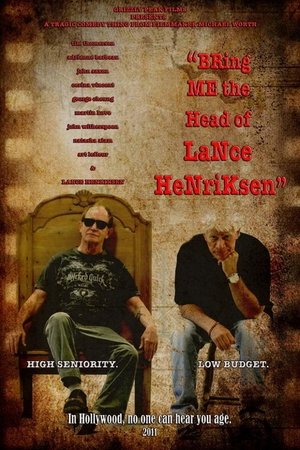 6.1
6.1Bring Me the Head of Lance Henriksen(en)
When '80s B-movie icon Tim Thomerson wakes up one day to realize the acting roles are not coming his way any more, he sets out on a quest to find his former co-star Lance Henriksen to discover his secret of Hollywood longevity and gets more than he bargained for in the process.
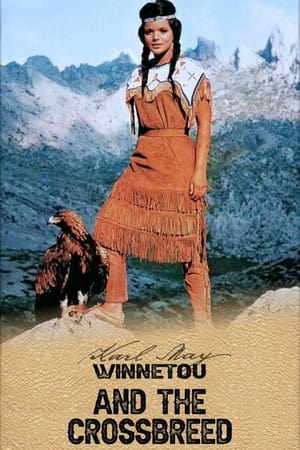 6.1
6.1Winnetou and the Crossbreed(de)
On her b-day, settler's daughter Apanatschi receives her father's secret gold mine but greedy neighboring prospectors resort to murder and kidnapping in order to get the gold, forcing the girl and her brother to seek Winnetou's protection.
 10.0
10.0What's New, Scooby-Doo? Vol. 7: Ready to Scare(en)
Scooby-Doo and the mystery inc gang battle fiends and gobs of eerie monsters.
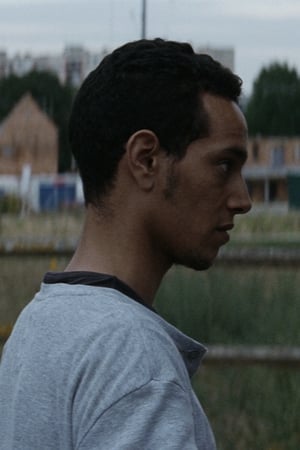 6.0
6.0Franck's Share(fr)
Malik & Franck are dustbin men. They have just accomplished their dream: buy a pizza van, to at least be their own boss.
 3.5
3.5Playboy: Wet & Wild - Hot Holidays(en)
Grab your travel bag and bead for excitement, as the world’s most beautiful women take you on the vacation of a lifetime. They’re wet, wild and on the move and making a splash as Playboy’s breathtaking Playmates show you erotic escapades from exotic destinations. You’ll go skinny-dipping in a tranquil lagoon, take the plunge in a steamy shower of seduction, enjoy a flirty and fabulous fashion show in and out of vacation wear, and that’s just for starters. You’ll venture to an enchanted island off Bora Bora where a lovely marooned damsel awaits your rescue and passionate seduction. Next, three beauties working 9 to 5 take you on a Hawaiian getaway where you’ll discover the deeply provocative pleasures of the tropics, and surf’s up for a fun-loving trio as they catch a wave to sensual surrender. Then, a French frolic recalls the hey-day of 1940’s swing with dancing in the streets and a wet and wild celebration that bares all, and so much more.
Similar Movies
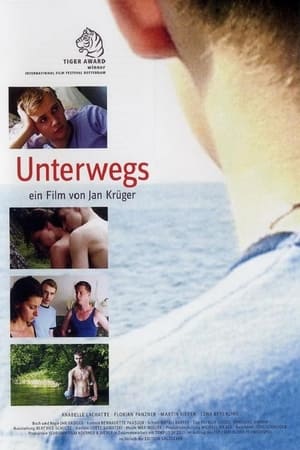 7.4
7.4En Route(de)
A slightly sinister but charming young man falls in with a young mother and daughter and her boyfriend on a camping holiday and leads them astray.
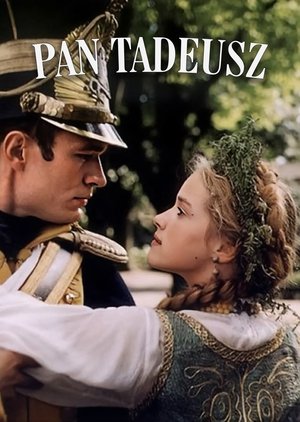 5.4
5.4Pan Tadeusz(pl)
A grand and patriotic tale of Poland's struggle for freedom just before Napoleon's war with Russia. Written in poetic style by Adam Mickiewicz, this story follows two feuding Polish families as they overcome their old conflicts and petty lives. However, they are able to unite as one with their patriotic and rebellious efforts to free the country they deeply love from Russian control.
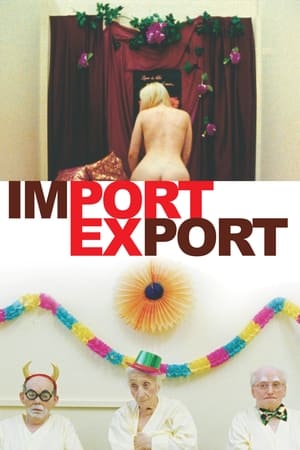 7.0
7.0Import/Export(de)
A nurse from Ukraine searches for a better life in the West, while an unemployed security guard from Austria heads East for the same reason. Both are looking for work, a new beginning, an existence, struggling to believe in themselves, to find a meaning in life...
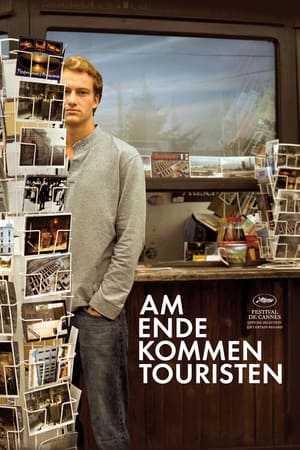 6.6
6.6And Along Come Tourists(de)
Sven arrives in nowadays Auschwitz to do his civil service at the memorial. He encounters unfriendliness, especially by Stanislaw Krzeminski, the 85 year old KZ-survivor, and Krzysztof Lanuszewski, brother of his early love affair Ania. Even his boss Herold, the places manager, does little to help Sven familiarize. But when problems accumulate Sven realises that he already has become involved.
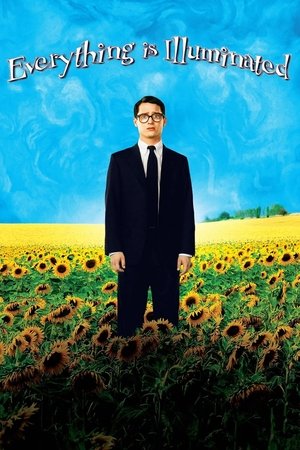 7.3
7.3Everything Is Illuminated(en)
A young Jewish American man endeavors—with the help of eccentric, distant relatives—to find the woman who saved his grandfather during World War II—in a Ukrainian village which was ultimately razed by the Nazis.
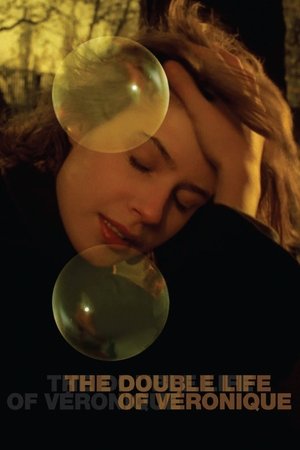 7.5
7.5The Double Life of Véronique(fr)
Véronique is a beautiful young French woman who aspires to be a renowned singer; Weronika lives in Poland, has a similar career goal and looks identical to Véronique, though the two are not related. The film follows both women as they contend with the ups and downs of their individual lives, with Véronique embarking on an unusual romance with Alexandre Fabbri, a puppeteer who may be able to help her with her existential issues.
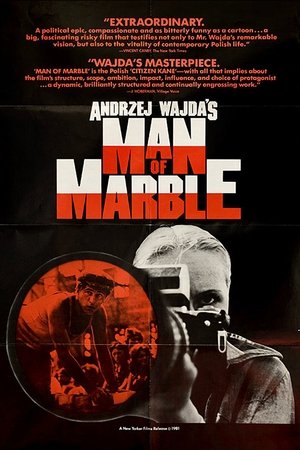 7.0
7.0Man of Marble(pl)
A young Polish filmmaker sets out to find out what happened to Mateusz Birkut, a bricklayer who became a propaganda hero in the 1950s but later fell out of favor and disappeared.
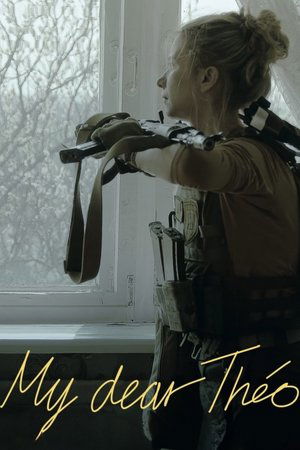 0.0
0.0My Dear Theo(uk)
In a series of letters to her young son, a mother, soldier and filmmaker documents her thoughts from the Ukrainian frontline.
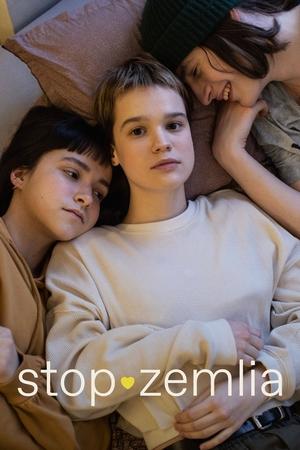 5.2
5.2Stop-Zemlia(uk)
Hanging out with friends, smoking a lot, spinning bottles and kissing, making mistakes, playing, refusing to accept, dreaming with open eyes - life as a teenager can be overwhelmingly beautiful and difficult at the same time. In her debut, the Ukrainian director composes a deeply emotional and multi-layered portrait of a generation whilst seamlessly flowing between the fictional and the documental.
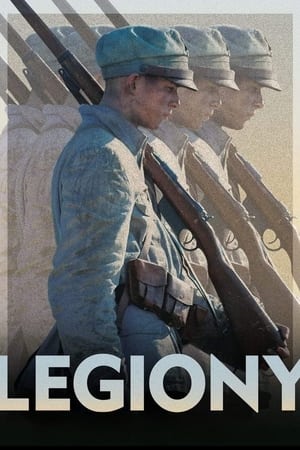 6.7
6.7The Legions(pl)
A universal story about entering adulthood in difficult times, growing up to the community. The great history is the background for the love story unfolding in the foreground: Józek, a deserter from the tsarist army who joins the emerging Legions, an intelligence agent for the I Brigade and Women’s Leage member – Ola, and Tadek, her fiancée, a member of Shooting Team.
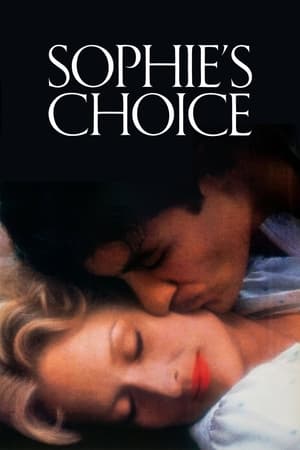 7.3
7.3Sophie's Choice(en)
Stingo, a young writer, moves to Brooklyn in 1947 to begin work on his first novel. As he becomes friendly with Sophie and her lover Nathan, he learns that she is a Holocaust survivor. Flashbacks reveal her harrowing story, from pre-war prosperity to Auschwitz. In the present, Sophie and Nathan's relationship increasingly unravels as Stingo grows closer to Sophie and Nathan's fragile mental state becomes ever more apparent.
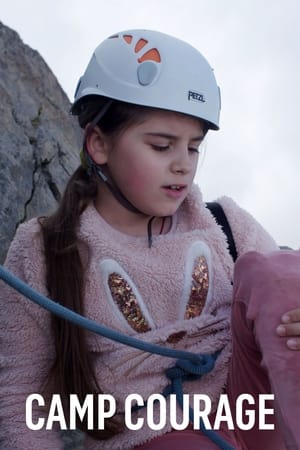 7.1
7.1Camp Courage(en)
Made refugees by the war in Ukraine, Olga and her granddaughter Milana travel to a summer camp in the Austrian Alps to test the limits of their own bravery, and to strengthen their growing bond.
 7.4
7.4Dovbush(uk)
In the early eighteenth century, foreign rule means dark times for the Hutsuls of the Carpathians. The two Dovbush brothers become opryshkos - mountain outlaws. But the two brothers become enemies - one cares only about money, the other - Oleksa - fights for his people. The Carpathians are convulsed with a wave of uprisings. The aristocracy uses its military might to try to kill Dovbush and destroy his legend. But Dovbush outwits them. The desperate lords devise a devious plan and attack the invincible outlaw's Achilles heel - his love for his childhood sweetheart, Marichka. Who will be the assassin to attack the Opryshko whose immense strength and bravery inspired folk tales? Will the lords' treacherous plan destroy the hero before he can lead his people to freedom?
 8.4
8.4The Pianist(en)
The true story of pianist Władysław Szpilman's experiences in Warsaw during the Nazi occupation. When the Jews of the city find themselves forced into a ghetto, Szpilman finds work playing in a café; and when his family is deported in 1942, he stays behind, works for a while as a laborer, and eventually goes into hiding in the ruins of the war-torn city.
 8.6
8.6Schindler's List(en)
The true story of how businessman Oskar Schindler saved over a thousand Jewish lives from the Nazis while they worked as slaves in his factory during World War II.
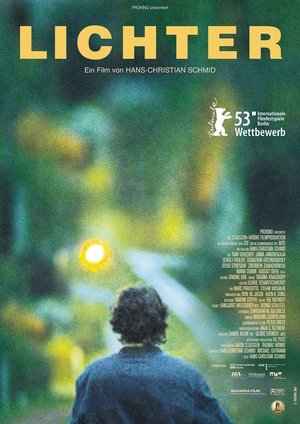 7.4
7.4Distant Lights(de)
Lichter is an episodic tale from Hans-Christian Schmid about the life on the border between Germany and Poland. The film sheds light on the everyday stories of escape and desperateness.
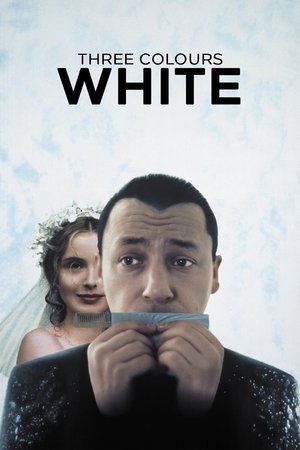 7.5
7.5Three Colors: White(fr)
Polish immigrant Karol Karol finds himself out of a marriage, a job and a country when his French wife, Dominique, divorces him after six months due to his impotence. Forced to leave France after losing the business they jointly owned, Karol enlists fellow Polish expatriate Mikołaj to smuggle him back to their homeland.
 7.0
7.0Inland Empire(en)
As a Hollywood actress begins to adopt the persona of her character in a film, her world becomes nightmarish and surreal.
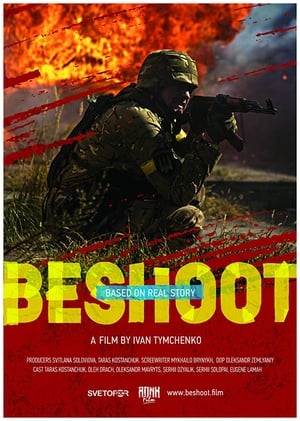 7.2
7.2Beshoot(uk)
Based on a true story. Two fighters of 'Donbas' Volunteer Battalion get locked inside city of Ilovaysk after regular Russian army enters Ukraine and shells the surrounded divisions of Ukrainian Army in the infamous would-be 'green corridor'. The fighters survive thanks to the help of the locals and manage to break out through the front line to reach the freed territory. Taras Kostanchuk who is playing himself as 'Beshoot' is that same Donbas commander who is the prototype of the story. Half of the actors and extras are real 'Donbas' volunteers who survived the battle.
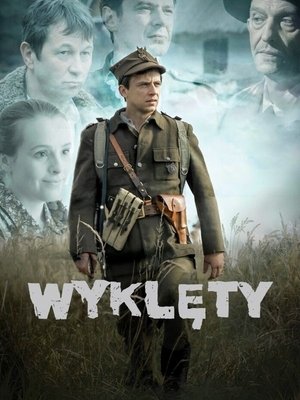 7.4
7.4Wyklęty(pl)
In the 1940s, a small band of underground paramilitaries attempt to fight back against the Soviet-backed security ministry in post-war Poland. Determined to fight for their country's future, the group goes to extreme lengths to make their voice heard.






